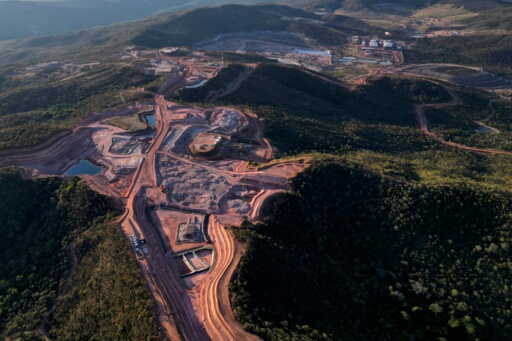Brazil ranks among the countries with the largest reserves of rare earth elements. But scaling up the extraction of these metals, used in various high-tech applications and essential to the clean energy transition, could lead to an increase conflicts in at least five Brazilian states, activists warn. Brazil holds 23% of global rare earth reserves, according to the 2025 U.S. Mineral Commodity Summaries. That makes it second only to China, which controls the supply chain for minerals in terms of both reserves and processing, and has used this to wield geopolitical influence. However, Brazilian production remains at an early stage, accounting for only 1% of the global market. This is expected to change quickly with new projects currently in progress. The increased interest in rare earths is raising fears among community leaders in the country. Rural settlements that have been demarcated by INCRA, the national land reform institute, are now facing requests to explore for these minerals on their territory. According to research by the Mining Observatory, there are 187 applications for rare earth mining targeting 96 INCRA-registered settlements across Brazil. The state of Bahia has the most, with 88 applications, followed by Goiás with 53 and Pernambuco with 21. The search for rare earths in these areas, which overlap with settlements, is led by mostly obscure companies. The 600-year-old tree vs. the mine The two most advanced applications target the Reunidas Pau Brasil Sustainable Development Project, a rural settlement established in Bahia’s Itamaraju municipality. According to National Mining Agency…This article was originally published on Mongabay
From Conservation news via this RSS feed


